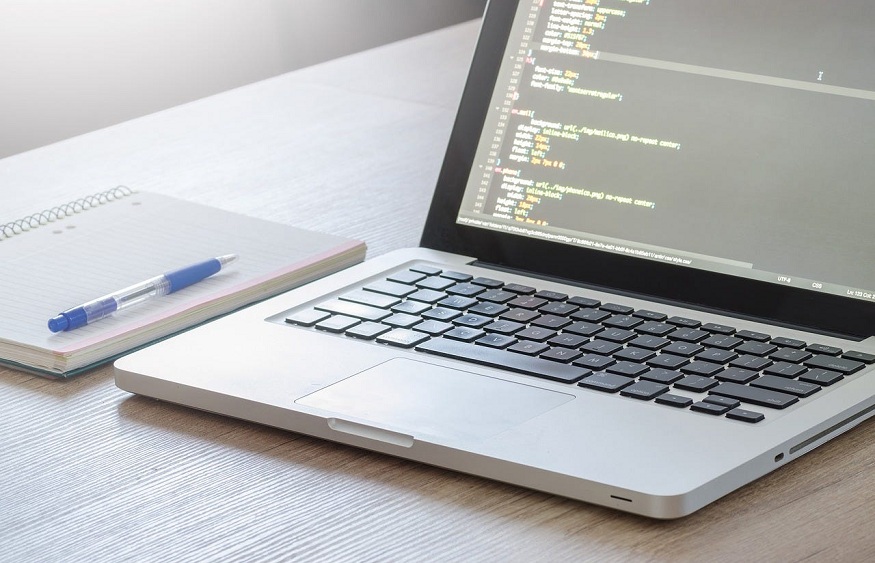Welcome to our guide on navigating management tests—a valuable resource designed to help recruiters streamline their hiring processes and identify top talent effectively. In today’s competitive job market, finding the right candidates for management roles is more crucial than ever. That’s where management tests come into play.
The management test serves as a powerful tool for recruiters, offering insights into candidates’ abilities, personality traits, and creativity. From assessing leadership potential to evaluating problem-solving skills, these tests provide valuable data to inform hiring decisions.
In this blog, we’ll delve into the world of management tests, exploring their purpose, types, and best practices for implementation. We’ll also discuss the role of personality tests and creativity tests in the assessment process, highlighting their importance in identifying well-rounded candidates for management positions.
Understanding Management Tests
Management tests play a pivotal role in the recruitment process, offering valuable insights into candidates’ skills, abilities, and potential for success in managerial roles. But what exactly are management tests, and why are they important?
At their core, management tests are assessments designed to evaluate various aspects of a candidate’s suitability for a management position. These tests go beyond traditional interviews and resumes, providing recruiters with objective data to inform their hiring decisions.
One of the primary purposes of management tests is to gauge a candidate’s aptitude for leadership. These assessments often include questions or scenarios that assess a candidate’s ability to lead teams, make strategic decisions, and handle complex challenges. By measuring these critical skills, management tests help recruiters identify individuals who have the potential to excel in leadership roles within their organizations.
Furthermore, management tests can also assess other essential qualities such as communication skills, problem-solving abilities, and emotional intelligence. By evaluating these factors, recruiters can gain a comprehensive understanding of a candidate’s strengths and areas for development, enabling them to make more informed hiring decisions.
The Role of Personality Tests in Management Assessment
The personality test serves as a valuable tool in the assessment of management candidates, offering insights into their individual traits, behaviors, and working styles. But what exactly is the role of personality tests in evaluating managerial potential?
Personality tests are designed to measure various aspects of an individual’s personality, such as their communication style, decision-making approach, and interpersonal skills. In the context of management assessment, these tests can help recruiters identify candidates who possess the specific traits and characteristics needed to succeed in leadership roles.
One of the key benefits of personality tests in management assessment is their ability to uncover candidates’ leadership potential. By assessing traits like assertiveness, empathy, and adaptability, these tests can provide valuable insights into a candidate’s ability to inspire and motivate others, navigate conflicts, and drive team performance.
Additionally, personality tests can also help recruiters assess candidates’ fit with organizational culture and values. By identifying candidates whose personalities align with the company’s ethos, recruiters can ensure a better cultural fit and increase the likelihood of long-term success in the role.
Assessing Creativity in Management Candidates
Creativity is a vital attribute for effective leadership and problem-solving in today’s dynamic business landscape. But how do recruiters assess creativity in management candidates? Let’s explore the role of creativity test in the assessment process.
Creativity tests are designed to measure an individual’s ability to think outside the box, generate innovative ideas, and approach challenges with originality. In the context of management assessment, these tests help recruiters identify candidates who can bring fresh perspectives and creative solutions to the table.
One common type of creativity test used in management assessment is the divergent thinking test, which asks candidates to brainstorm as many ideas as possible within a given timeframe. This test assesses candidates’ fluency, flexibility, and originality of thought, providing valuable insights into their creative potential.
Another approach to assessing creativity in management candidates is through scenario-based exercises or case studies. These exercises present candidates with real-world challenges or hypothetical situations and evaluate their ability to devise creative solutions and think critically under pressure.
Best Practices for Administering Management Tests
Administering management tests effectively is essential for ensuring fair and accurate assessments of candidates’ skills and abilities. Here are some best practices to consider when incorporating management tests into your recruitment process.
- Selecting the Right Management Tests: Begin by carefully selecting tests that align with the specific skills and qualities you’re looking for in management candidates. Consider factors such as test validity, reliability, and relevance to the role.
- Ensuring Fairness and Objectivity: To ensure fairness and mitigate bias, administer tests in a standardized manner to all candidates. Provide clear instructions and ample time for candidates to complete the assessments, and avoid making subjective judgments based on personal biases.
- Integrating Management Tests into the Recruitment Process: Incorporate management tests at strategic points in the recruitment process, such as during the initial screening stage or as part of the final selection process. This allows you to gather valuable insights at key decision-making junctures.
- Addressing Potential Biases: Be mindful of potential biases inherent in management tests, such as cultural bias or language barriers. Take steps to minimize these biases by using validated assessment tools, offering accommodations for candidates with disabilities, and providing training to recruiters on fair assessment practices.
Case Studies and Examples
Real-life case studies and examples provide valuable insights into how management tests have been successfully implemented in different organizations. Let’s explore some scenarios where management tests have made a significant impact on the recruitment process and the quality of hires.
- Company A: Company A, a tech startup, implemented personality tests as part of its recruitment process for management positions. By assessing candidates’ personality traits such as adaptability and communication skills, the company was able to identify leaders who not only had the technical skills but also fit well with the company culture. As a result, turnover rates decreased, and team cohesion improved, leading to greater overall success for the organization.
- Company B: Company B, a multinational corporation, incorporated creativity tests into its executive hiring process. By evaluating candidates’ ability to think creatively and solve complex problems, the company was able to identify visionary leaders who brought fresh perspectives to strategic decision-making. This helped the company stay ahead of industry trends and drive innovation in its products and services.
Conclusion
In conclusion, navigating management tests is a critical aspect of the recruitment process for identifying top managerial talent. By understanding the purpose and types of management tests, assessing candidates’ personality traits and creativity, and following best practices for test administration and interpretation, recruiters can make more informed hiring decisions and build high-performing teams.
Management tests offer valuable insights into candidates’ leadership potential, problem-solving abilities, and cultural fit, helping recruiters identify individuals who are well-suited for managerial roles. By incorporating these assessments into the recruitment process, organizations can ensure that they are selecting candidates who not only have the necessary skills and experience but also possess the qualities needed to thrive in leadership positions.




